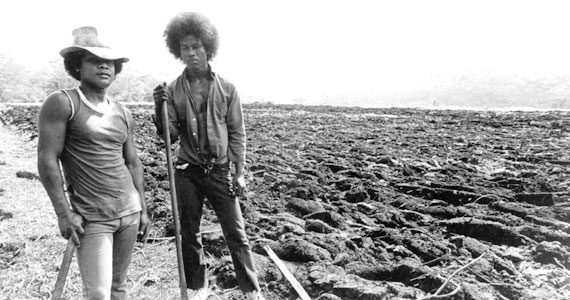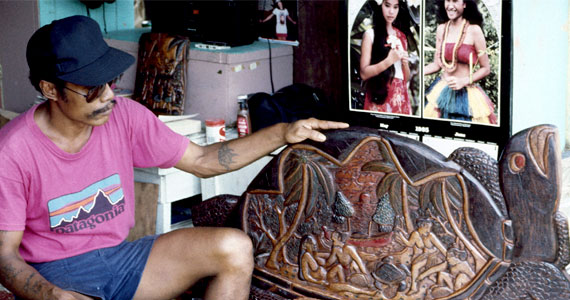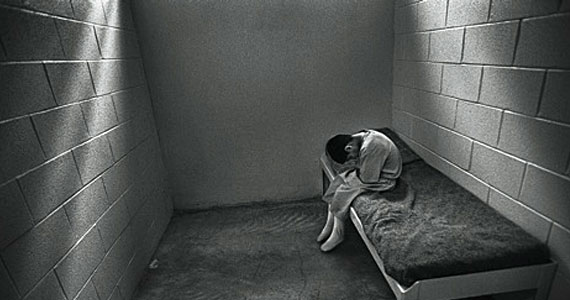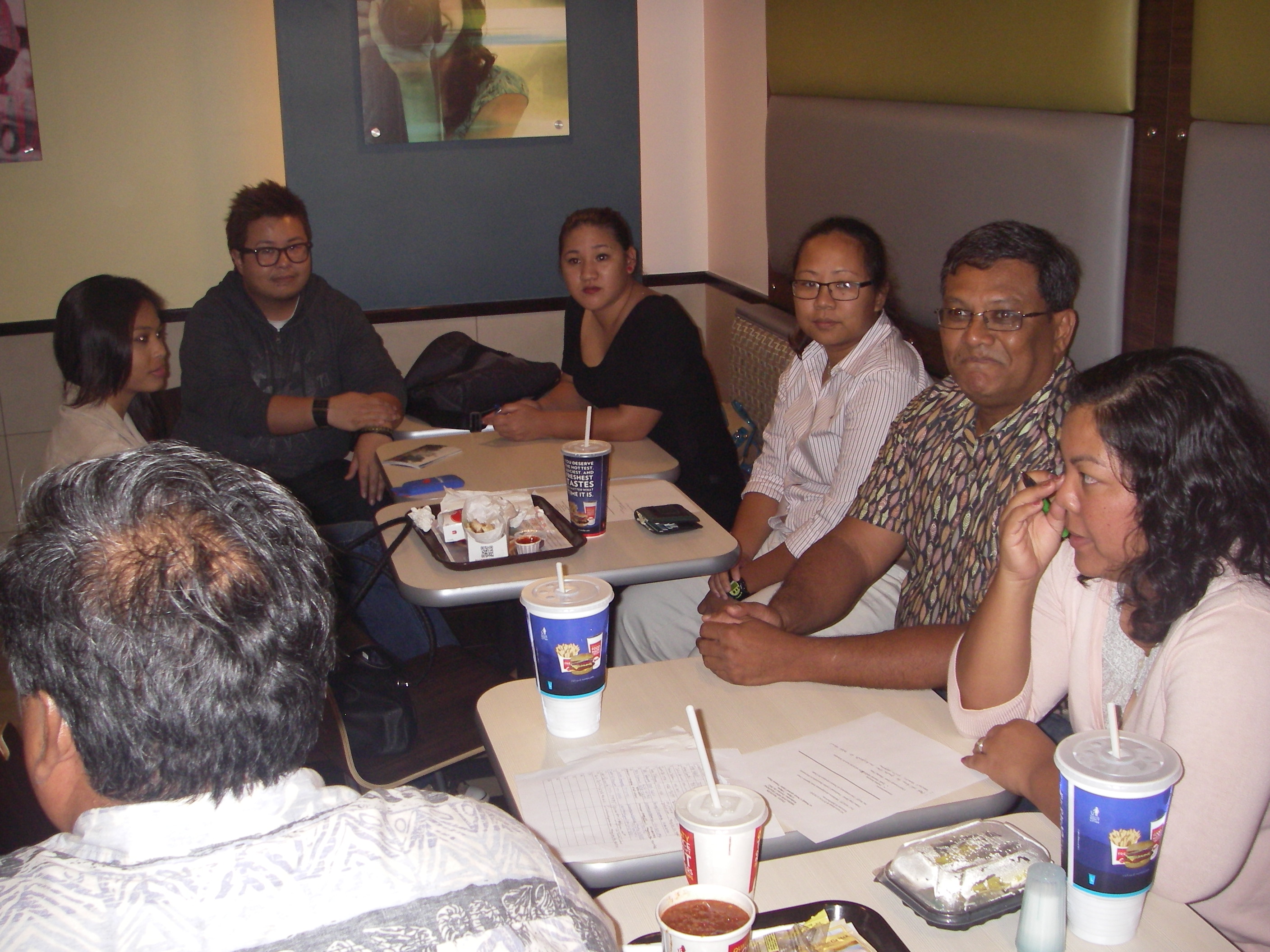Why Hang ’em High?
If casual conversation is any gauge, Americans seem to want their justice system to do one thing, and only one thing: punish wrong-doers harshly enough to teach them and everyone else a lesson.? ?Crime?doesn’t?pay? is presumably the lesson.
Two 13-year olds toss a shopping cart off a bridge and badly injure a woman?? Put them away for 20 years.? A drug dealer is caught making a deal across from a public high school?? He should get the maximum sentence for threatening young people.? Barry Bonds is convicted of perjury over steroid use?something that may be unfair but is no threat to others?? Teach him a lesson and put him away in jail.
I found myself arguing with a woman at the parish Christmas party the other night about how tough punishments should be.? She made clear her position??The tougher the better. It sends a strong statement to everyone that if you mess around with us, you will be hurt bad.?
Someone once told me that there were four Rs that were supposed to be operative in the penal system: Restraint, Retribution, Restitution, and Rehabilitation.
But as I see it, the criminal system operates on the basis of two of the four R?s: restraint and retribution, with a strong warning to others not to think of doing evil because the same thing or worse could be visited upon them.? That R spells Revenge.? ?Hang ’em high? is the cry, like in the old Westerns with the gallows in the center of town where everyone could watch with satisfaction.
?That person did something horrible,? is the sentiment, ?and so he deserves a similar fate.?? This?wasn’t?overheard at the trial of a gang leader, but a drunken driver convicted of vehicular homicide.? Intentions apparently have nothing to do with the matter.? Why be satisfied with the loss of one life, we seem to be saying, when you can ruin two?? The second one through a long period of incarceration that serves as retribution and a warning to others not to do the same, even if the offender?s rehabilitation is an after-thought.
We Americans seem exclusively focused on the punishment of the wrongdoer and sending clear signals to the public that anyone caught in such misdeeds can expect the same.? What about the healing: the guilty party and the injured person?? Here is where the Pacific has something to teach Americans.? Although it has been called too lax, the island penal system looks to minimizing conflict, to restitution when possible, and to rehabilitation of those arrested.? Not everyone comes out of jail a changed person, of course, but the bibles that were put in the cells are actually read, I found when I did chaplain duty in Chuuk many years ago.? I wish that we could confidently say the same about Ryker?s Island.
Can?t the Western justice system learn something from places like the Pacific?? Much less emphasis on retaliation (better known as revenge) and making examples of people, and much more on healing the wounds between offender and victim and even those within the offender?s soul.? It may sound naive, but let?s not give up on the hope of personal reform.





